‘Fremtidsfabrikken’ a CBS student podcast: Learning from business stars in cool cars
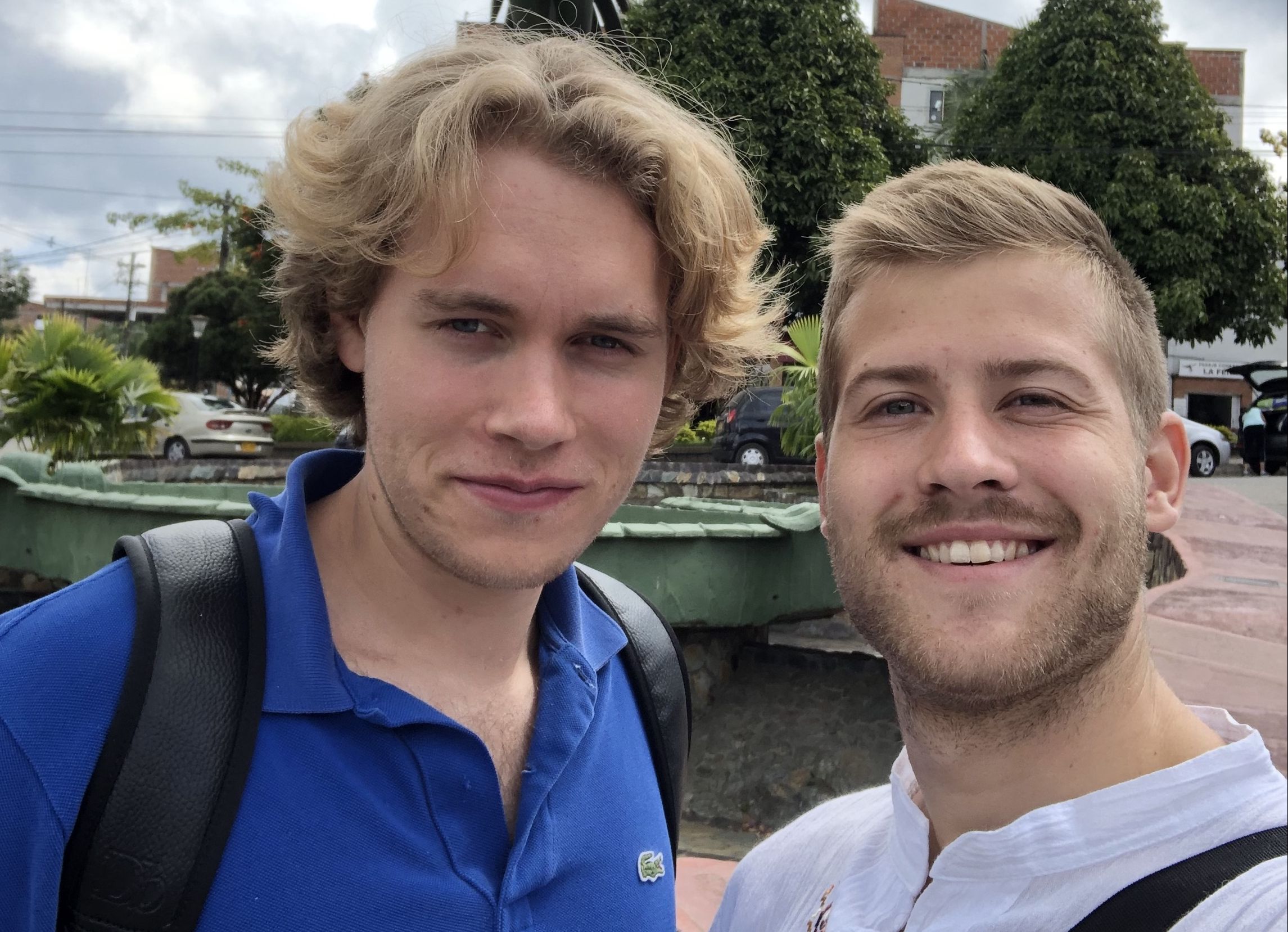
“The only continent we don’t have listeners on is Antarctica," says Eske Gerup who produces the podcast ‘Fremtidsfabrikken’ together with Lars Horsbøl.
Podcasting is booming. According to podcaststats.dk by Nochmal Consulting, the number of Danish podcasts has nearly doubled from 1,264 in February 2016 to 2,490 in January 2019. The trend has not gone unnoticed at CBS. Here, several students have been inspired to join the market and make their own podcast. Among them are Lars Horsbøl and Eske Gerup who produce the podcast ‘Fremtidsfabrikken’.
The time is 6:00am and 9:00am respectively in Canada and Mexico by the time we establish a connection to Eske Gerup and Lars Horsbøl on Skype. Although Eske is on exchange and Lars is on vacation, they’re both willing to get up early to talk about their beloved project that keeps them busy: their podcast ‘Fremtidsfabrikken’ (‘Factory of the Future’).
“‘The Factory of the Future’ is a podcast that focuses on the start-up environment. So what we’re interested in is new technology as well as the trends that we see in the start-up environment. We focus on the Nordics quite a lot in terms of the people we interview, although we pay attention to technologies and what’a happening in that area as a whole as well as international politics here and there,” Lars Horsbøl explains and continues.
“We more or less always interview someone who’s some sort of tech expert, an investor or major capitalist. And then, most importantly, we interview entrepreneurs who are either successful and have already sold their companies, or founders of new start-ups who are on an amazing journey to change something.”
But why make a podcast about start-ups and entrepreneurship instead of becoming entrepreneurs yourselves?
“I established some start-ups back in high school, and right now I’m also doing business in the Philippines. But I think that Eske and I both want to be entrepreneurs sooner or later,” Lars Horsbøl says.
“There’s also a bit of an entrepreneurial spirit involved in creating a podcast from scratch, I think,” Eske Gerup adds and continues. “But before I embark on any full-on entrepreneurial projects, I want to establish a toolbox with the knowledge we get from making the podcast, and then see which entrepreneurial ideas can benefit from that toolbox along the way.”
New friendship, new partnership
At the beginning of 2018 Lars Horsbøl was a BSc student in International Business while Eske Gerup was studying International Shipping and Trade. Although they were both CBS students, they only met each other when they became members of the Nordic Eye Venture Capital youth board in Copenhagen.
At Nordic Eye, they were working on creating publicity by creating different types of content such as blog posts and guides on different social media platforms. And being the innovative spirit he is, Eske Gerup came up with the idea of extending the publicity content to podcasting.
“I thought: Why not combine the content with a podcast? Lars was abroad at that time, and when he came home I posted the idea in a forum and he was very quick to respond. So the following day, at the Nordic Eye offices, we sat down and created our first action plan where we discussed what we needed to do, what we needed to set up and what the podcast should be about,” Eske Gerup remembers.
“From there, we started it all up. So within a day or two of our first encounter, we created a podcast together,” he says.
A win-win situation
The idea of creating a podcast was not only to create publicity for Nordic Eye. It was also about obtaining some personal and professional value.
The only continent we don’t have listeners on is Antarctica
Eske Gerup
“In terms of getting some personal value from creating this content we thought that we might as well make a podcast where we get to meet people, hear their personal business stories and learn from them,” Eske Gerup says.
“Our idea was that instead of just sharing the knowledge we already had, why not make a podcast where we could actually learn something, and at the same time share this valuable knowledge with others?” Lars Horsbøl adds.
Not easy peasy
Since podcasting is so popular, it appears to be a relatively easy medium to get a handle on and carry out in practice. But according to Eske Gerup and Lars Horsbøl, it’s a bit more complicated than just pressing ‘record’ and talking for half an hour.
“Making a podcast depends on you being able to structure your day. It also involves some amount of drive, because making it happen and making it work is purely determined by you and your work ethic,” Eske Gerup explains and continues.
“That means that Lars and I have to initiate everything that goes on both ‘on the stage’ and ‘behind the scenes’. That’s everything from ordering equipment from Amazon, emailing back and forth with guests, finding the right time and date for interviews, writing an outline for each interview and editing the podcast,” he says.
Podcasting pays off
Although it requires a lot of time, work and energy, there are a lot of benefits to making podcasts, according to Lars Horsbøl and Eske Gerup.
“I highly recommend any student who has a niche topic or interest to make a podcast. Firstly, because you learn a lot, which is one of the most important reasons why Eske and I created this podcast. Secondly, you create and build a network. A podcast gives you the opportunity to get in touch with cool people you wouldn’t normally meet if you wrote them an email like every other student. And then, thirdly, you create personal branding, which you can use in relation to your podcast guests being potential future employers,” Lars Horsbøl says.
Besides collecting a toolbox of knowledge, building a network and developing personal branding, Eske Gerup and Lars Horsbøl have also discovered that they’ve learned a lot about the people they interview.
“One of the most interesting things we’ve learned is that every entrepreneur always has some sort of drive: things they want to accomplish or things they want,” Lars Horsbøl says and goes on.
Our idea was that instead of just sharing the knowledge we already had, why not make a podcast where we could actually learn something, and at the same time share this valuable knowledge with others?
Lars Horsbøl
“For instance, we talked to Johan Bülow, the founder of ‘Lakrids’. He gave us a ride to a meeting in his really cool car after the interview, and we asked him if this was what he wanted all along. His answer was that even though cool cars weren’t his primary motivation, it was still something that motivated him, because he usually got bored with it after a couple of months and wanted a new one. I just think it’s really interesting to hear about the motivation of these people and what kind of issues they have along the way when they create their start-ups.”
The future for The Factory of the Future
In December last year, the two globetrotting podcasters met in Columbia where they enjoyed some salsa and had a talk about the podcast’s future plans.
“Right now we’re both based abroad in different places, which means that we’ve been focusing on online interviews for the podcast. We’re going to continue with the same theme as before, but we’re looking at getting some Danish entrepreneurs abroad on the podcast as well as maybe doing some episodes in English,” Lars Horsbøl says.
So maybe The Factory of the Future will be a global adventure?
“Yep! We’re already worldwide,” Eske Gerup proudly says with a little laugh.
“The only continent we don’t have listeners on is Antarctica!”




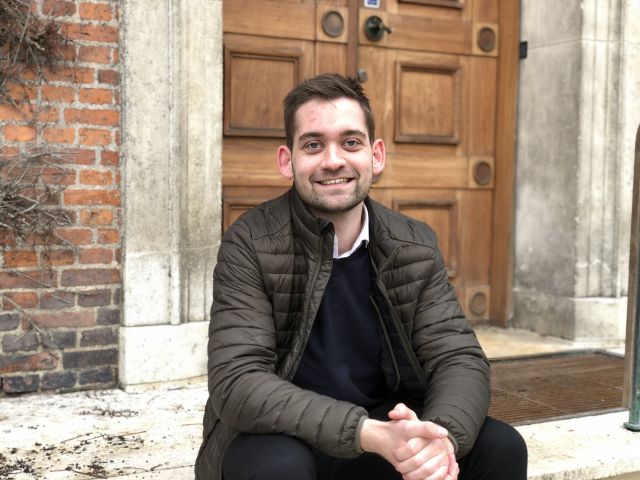
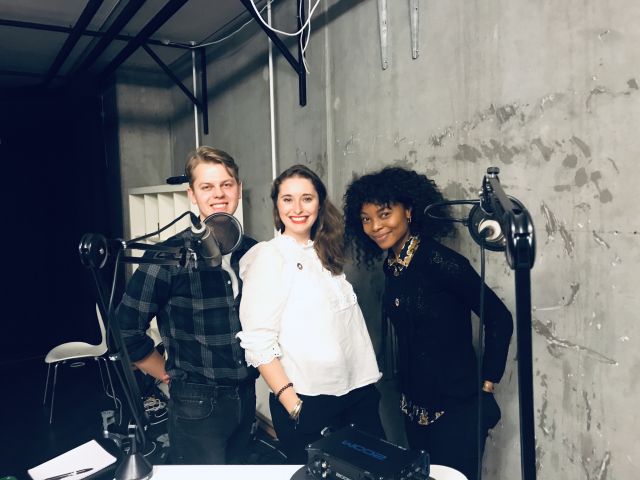
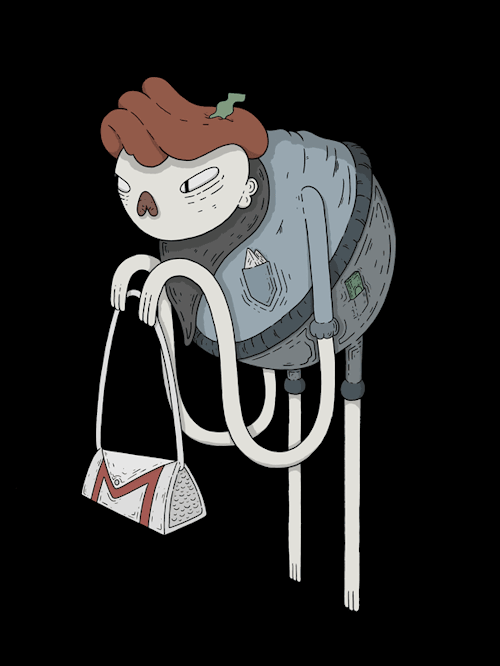
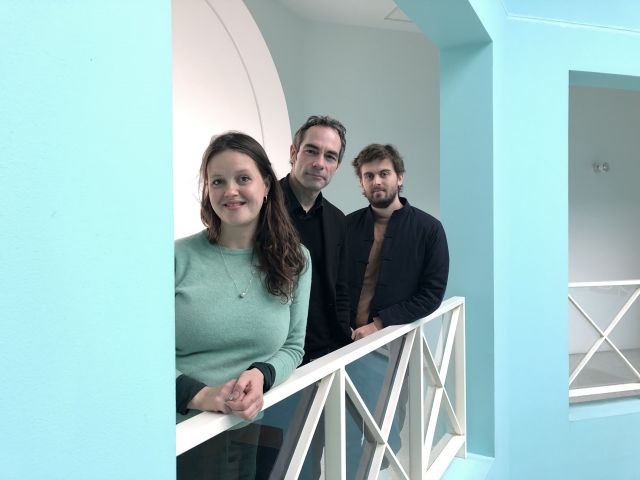

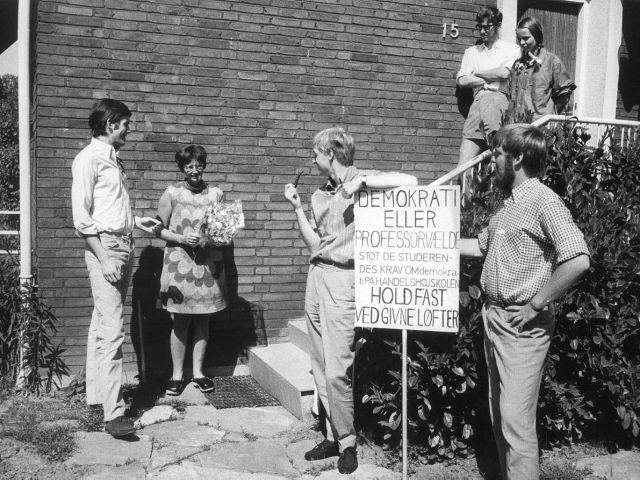
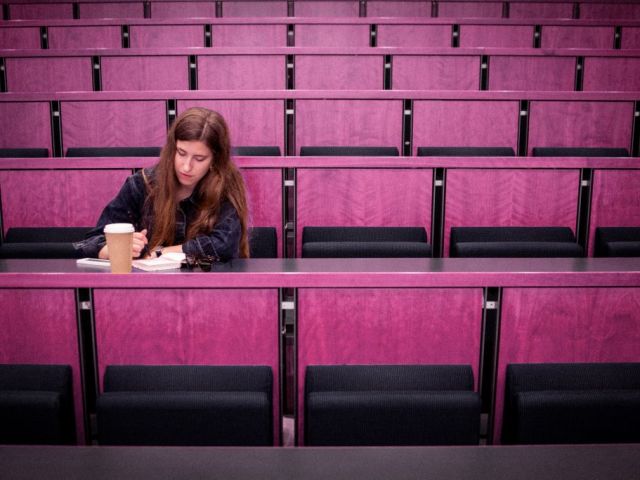
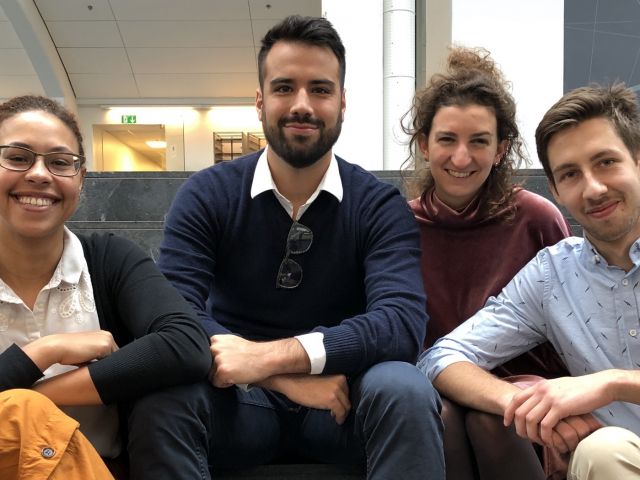




























































































































Comments